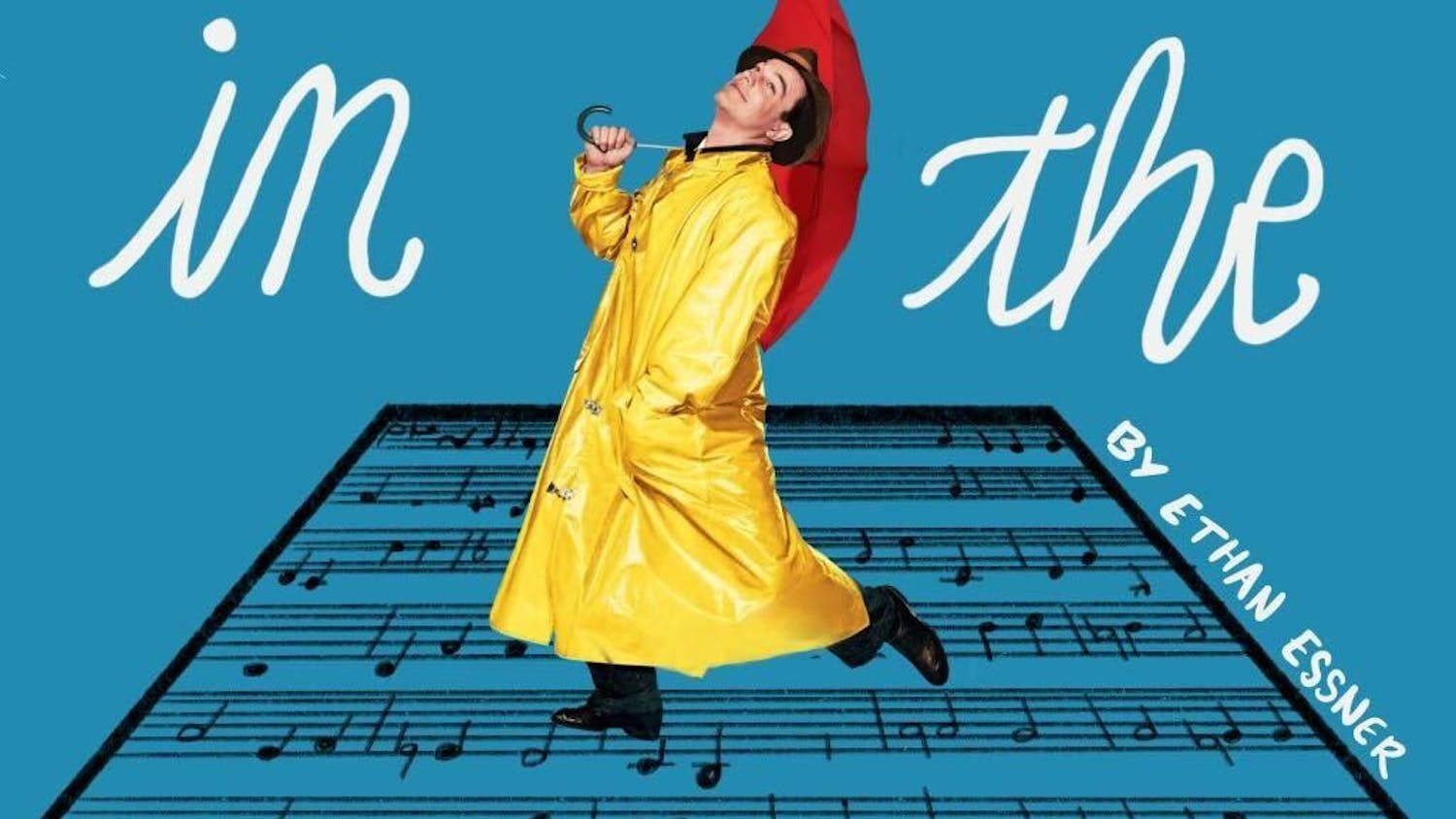"The Savages" occupies an otherwise empty spot within the family drama genre: the picking-out-a-retirement-home-for-your-father-to-die-in movie.
It takes place largely in upstate New York in the winter, a bleak and dreary place under any circumstances, and concerns what must be the scariest thing for an adult with no children to deal with. It is excellently acted and intelligently written but otherwise seems so realistic that its depressive qualities border on the banal.
Philip Seymour Hoffman and Laura Linney play a brother and sister pair, Jon and Wendy Savage, who must reconvene after a long estrangement to try to figure out what to do with their father, Lenny (played by Broadway legend Philip Bosco).
Lenny has lost his grip on reality: At one point, he watches the film "The Jazz Singer" (1927) and mistakes the parents of Al Jolson's character for his own, yelling, "They were always hitting me!"
Lenny's problems begin when he is kicked out of the house he shared for many years with an elderly girlfriend. For the next hour and a half, his children interfere in one another's lives and argue over the best place to put their marginally insane father.
In film, it is rare to see a screenwriter's intellect so plainly apparent on the screen. Wendy is an aspiring playwright and Jon is working on a book about Bertolt Brecht, so obscure theater references abound, which can be tricky for those audience members mostly interested in the film's story. Unfortunately, writer/director Tamara Jenkins tells the story with remarkably little pathos and quite a bit of cold detachment (Brecht would be thrilled), which makes it very difficult to get involved with these characters - other than to cry at the appropriate moments.
In a surprising move, the end feels completely tacked on, an afterthought, and mainly a deus ex machina in a film that should otherwise remind us that Nietzche was probably right: Maybe God is dead, and we all have no choice but to make our own realities. It serves to undermine what appears to be the central thrust of "The Savages," which is unfortunate. A movie for which this ending would be appropriate would most likely be a lot more enjoyable.
There is no way to deny the acting talents of the film's leads, all of whom have a great deal of experience in the theater. Hoffman, playing the polar opposite of his character in "Before the Devil Knows You're Dead," absolutely bulletins "pathetic" with his every shiver and moan. It is a part he seems very comfortable in, almost as if his character in "Mission Impossible: III" (2006) had chosen playwright biographer as a vocation instead of mass murderer.
Linney is, as usual, wholly compassionate and self-unaware. It has been a while since she had a role that demonstrated the full breadth of her talent, but it is certainly never a mistake to cast her in such a part.
Bosco, who could also be seen in this summer's F/X show "Damages," is suitably doddering. For a man of his talents and reputation, this role must have been a cakewalk.
In many ways, that is the film's main problem: When a parent gets so old that he cannot take care of himself, there is not much variance to the story. His children must come to a compromise about where to put him and find a way to live their own lives while not leaving him alone.
There are few movies about this topic, but maybe this one can serve as a reason why: It's depressing. It's hard to become engaged in the plot and it's a relief when it's over. Unless the movie ends with every dead character becoming a ghost and dancing in a conga line with Beetlejuice, there isn't a great deal of room in the story for anything the audience can latch onto.
Apparently, it is possible for a movie to be brilliantly acted, written and directed while displaying almost no creativity whatsoever - almost like what it takes to write a biography of Brecht.





